
The Isle of Wight Council has confirmed its support for the comprehensive Isle of Wight Poverty Reduction Strategy for 2024-2029.
Developed in collaboration with local partners and approved by the Health and Wellbeing Board last October, the council's Cabinet last week committed its support in delivering the plan with Island partners.
The strategy aims to help the Island's most vulnerable residents and foster a resilient, inclusive economy.
Councillor Debbie Andre, Cabinet member for adult social care and Public Health, emphasised the council's commitment to creating a fair and inclusive community.
She said:
“This strategy is a testament to our dedication to lifting residents out of poverty and ensuring everyone has the opportunity to thrive.
"The cost-of-living crisis has hit the Island hard.
"However, a lot has already been done to raise awareness of the available support to reduce poverty and the strategy seeks to build on this work.
"The Island benefits from an array of services rooted in communities that have been, and continue to be, a lifeline for residents and we recognised the need to co-produce a strategy with our island partners that would bring these services together and identify any gaps.
"These services are seeing and reporting a significant increase in need and the strategy has been developed to ensure that wherever possible these services can be further developed and sustained."
The strategy underscores the importance of community involvement and collaboration.
Local voluntary and community groups have been instrumental in shaping the strategy, ensuring it addresses the real needs of residents.
Initiatives such as food pantries, warm spaces, and advice services have already made a positive difference, and the strategy aims to build on these successes by focussing on three Island priorities — tackling poverty through immediate support, preventative measures, and long-term planning in partnership.
Despite the lack of a formal poverty reduction strategy until now, the Island has been proactive during the cost-of-living crisis.
Between April 2023 and April 2024, Citizen's Advice and the council's cost-of-living helpline responded to more than 18,000 requests for support — all relating to help with benefits, housing, energy costs, health and wellbeing, and support with food.
The strategy also highlights some of the inspirational work which is already happening across the Island, including:
- £10.65 million of council tax support has been provided in 2023 to 2024.
- £225,339 discretionary hardship payments for rent top-ups.
- Citizen’s Advice supported 3,124 benefit enquiries in 2023 to 2024. Island residents gained over £450,000.
- 1,287 applications were received for cost-of-living crisis support during 2023 to 2024. Over £200,000 was given to 1,037 households including support for food, fuel and basic needs.
- £66,598 council tax exceptional hardship payments.
- 14 community hubs across the Island deliver services for Islanders, to promote independence and wellbeing.
- 55 Warm Welcoming hubs have been established for peoples to keep warm, socialise and learn new skills in 2023 to 2024.
Councillor Phil Jordan, council leader and chair of the Health and Wellbeing Board, highlighted the impact of the cost-of-living crisis and the importance of coordinated efforts.
"Factors like the COVID-19 aftermath, rising costs of food and utilities, and reduced public funding have made poverty worse," he said.
"This strategy is a starting point to coordinate efforts on the Island. It aims to help more residents live a life free from poverty and inequality. Poverty should not be seen as inevitable."
An Island representation of organisations will form a partnership group including the council and wider partners to oversee the implementation of the strategy with regular reviews and updates to ensure its effectiveness.
Meanwhile, the Health and Wellbeing Board will monitor progress and work closely with partners to achieve the strategy’s goals.


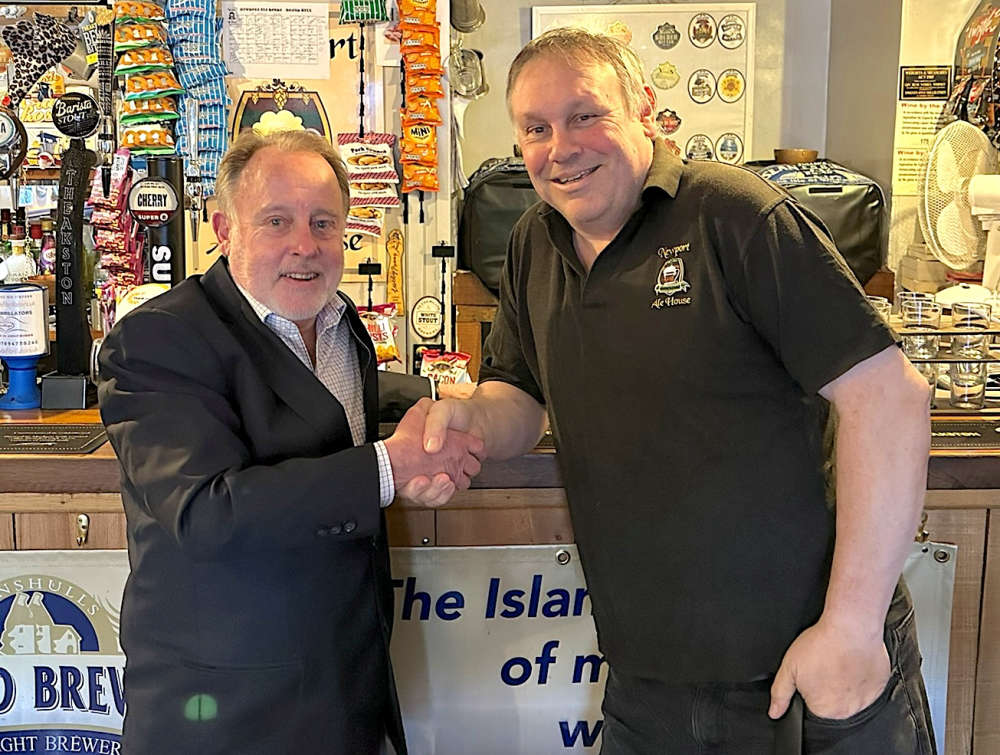 Isle Of Wight CAMRA Pub And Beer Of The Year 2024 Winners Announced
Isle Of Wight CAMRA Pub And Beer Of The Year 2024 Winners Announced
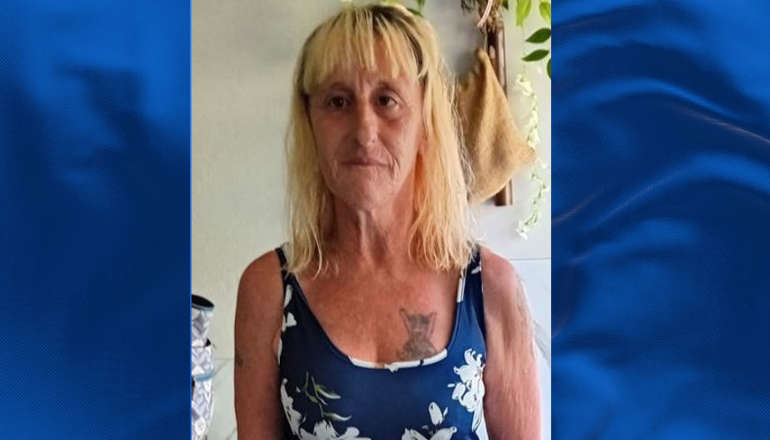 Have You Seen Missing Sarah Watson, 56, From Ventnor?
Have You Seen Missing Sarah Watson, 56, From Ventnor?
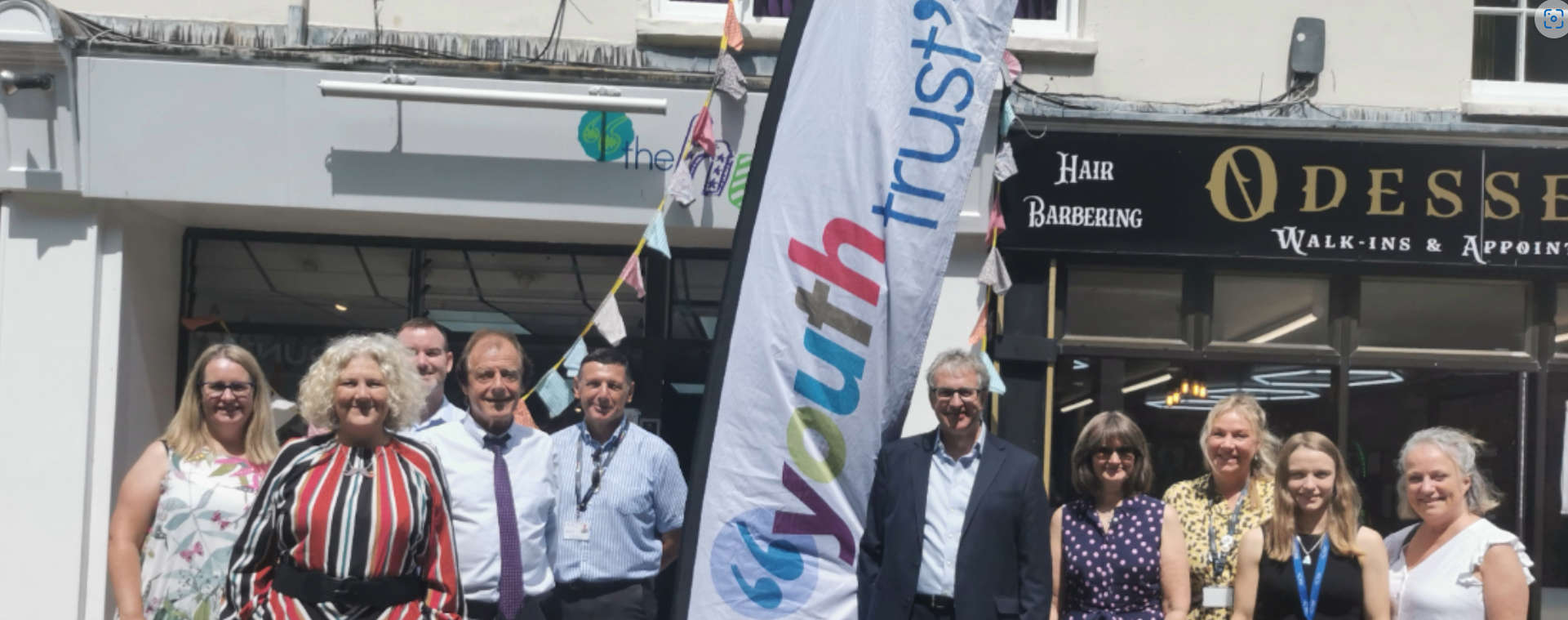 Newport Youth Hub 'Proving Very Effective' Says Council Leader
Newport Youth Hub 'Proving Very Effective' Says Council Leader
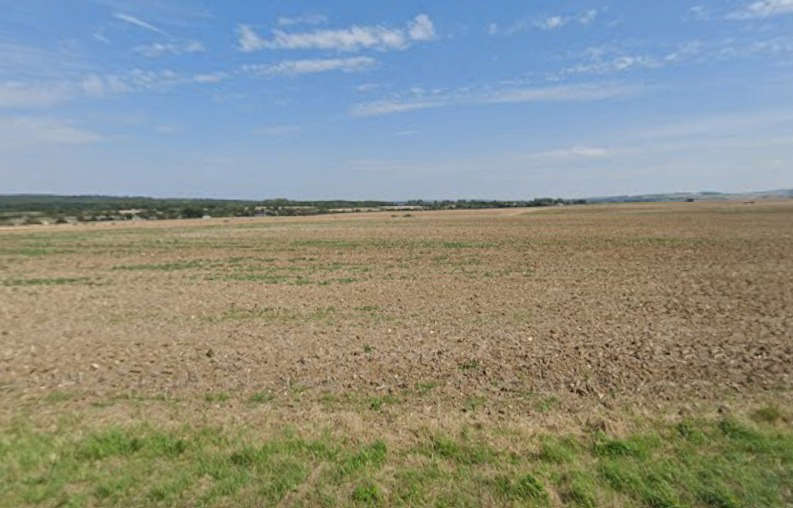 Kilometres-Long Underground Cable Could Be Installed Beneath Farmland
Kilometres-Long Underground Cable Could Be Installed Beneath Farmland
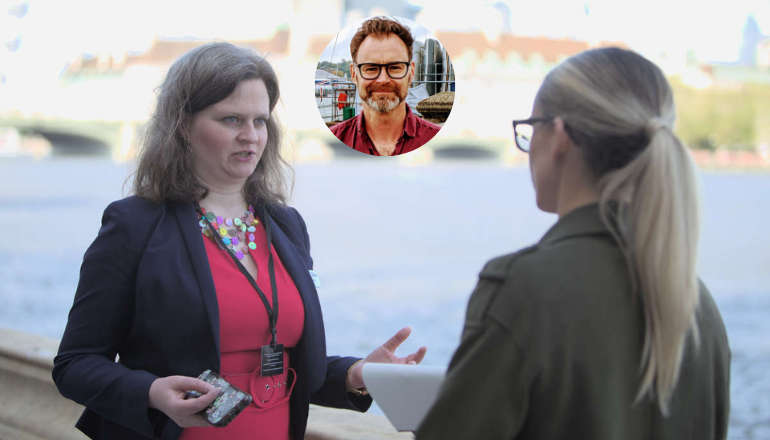 Isle Of Wight MP Joins Forces With Digital Poverty Alliance For Local Device Donation Drive
Isle Of Wight MP Joins Forces With Digital Poverty Alliance For Local Device Donation Drive
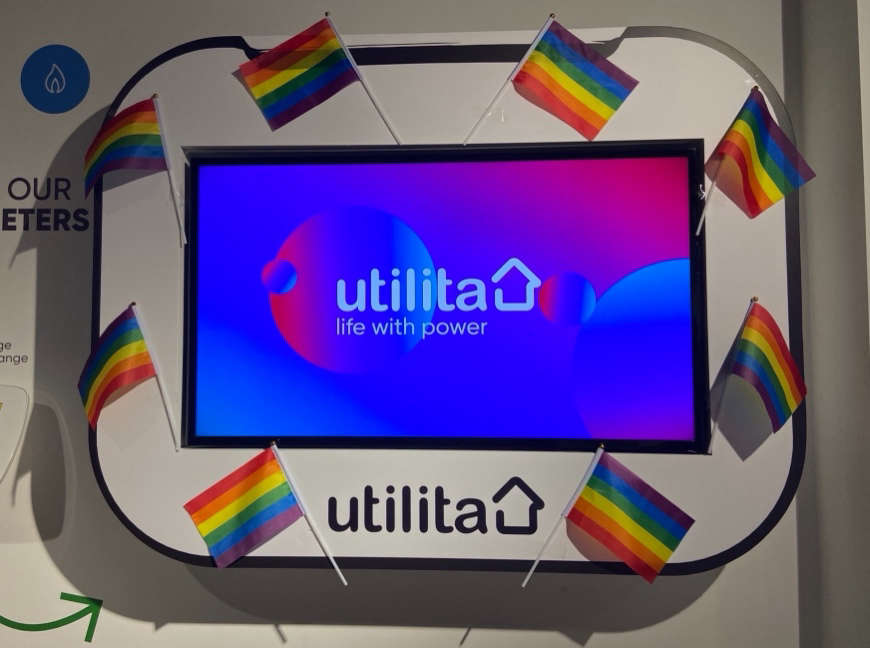 Newport Energy Hub Supports Utilita’s Renewed Pride365 Pledge
Newport Energy Hub Supports Utilita’s Renewed Pride365 Pledge
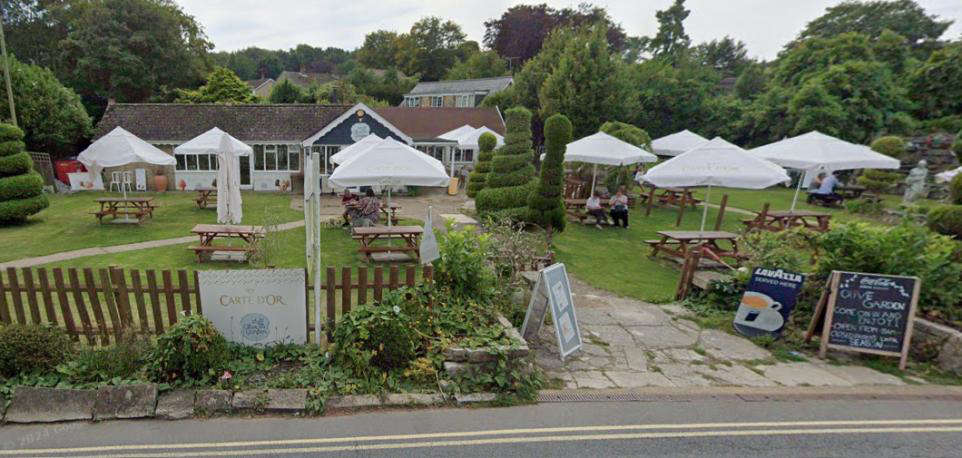 Island Roads Weigh In On Village Tea Room Plans
Island Roads Weigh In On Village Tea Room Plans
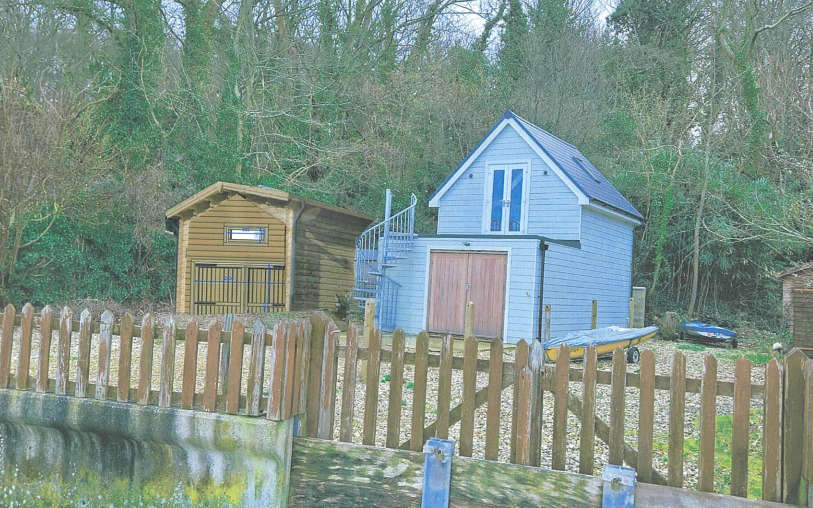 Bid To Construct Boat Store On Picturesque Island Seafront Met With Opposition
Bid To Construct Boat Store On Picturesque Island Seafront Met With Opposition
 Man Charged Following Ryde Knife Incident
Man Charged Following Ryde Knife Incident
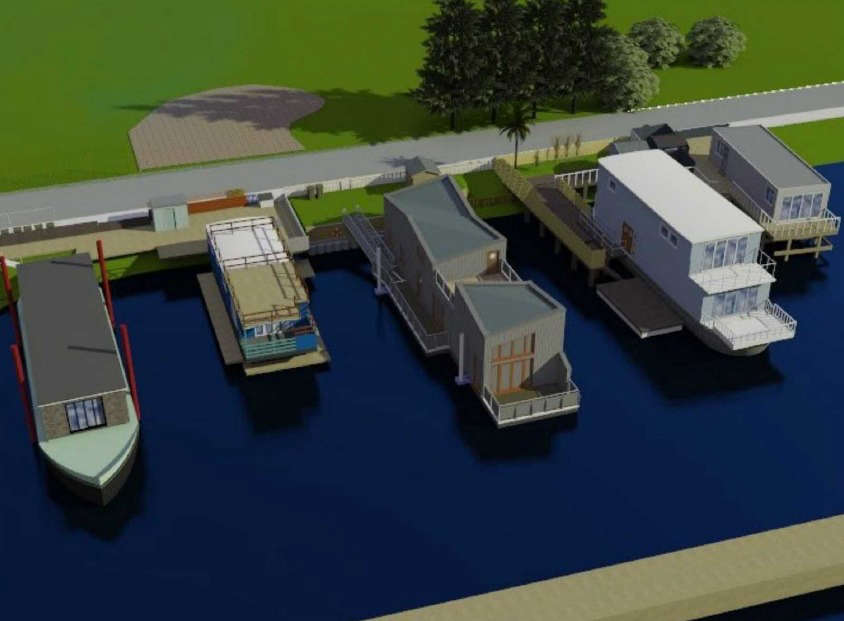 Village Harbour Could Get New 19.7 Metre Houseboat With 27 Solar Panels
Village Harbour Could Get New 19.7 Metre Houseboat With 27 Solar Panels
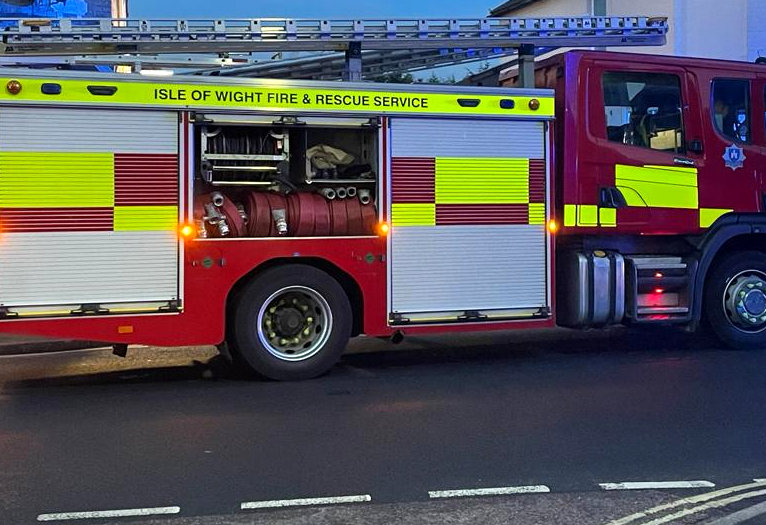 Firefighters Come To The Rescue After Two Women Stuck In Mud In Seaview
Firefighters Come To The Rescue After Two Women Stuck In Mud In Seaview
 Silver Service For Frank As Islander Secures Place At World Bench Press Championships
Silver Service For Frank As Islander Secures Place At World Bench Press Championships
 Island Duo Launch Science-Based Planner to Help Runners Stay Motivated
Island Duo Launch Science-Based Planner to Help Runners Stay Motivated
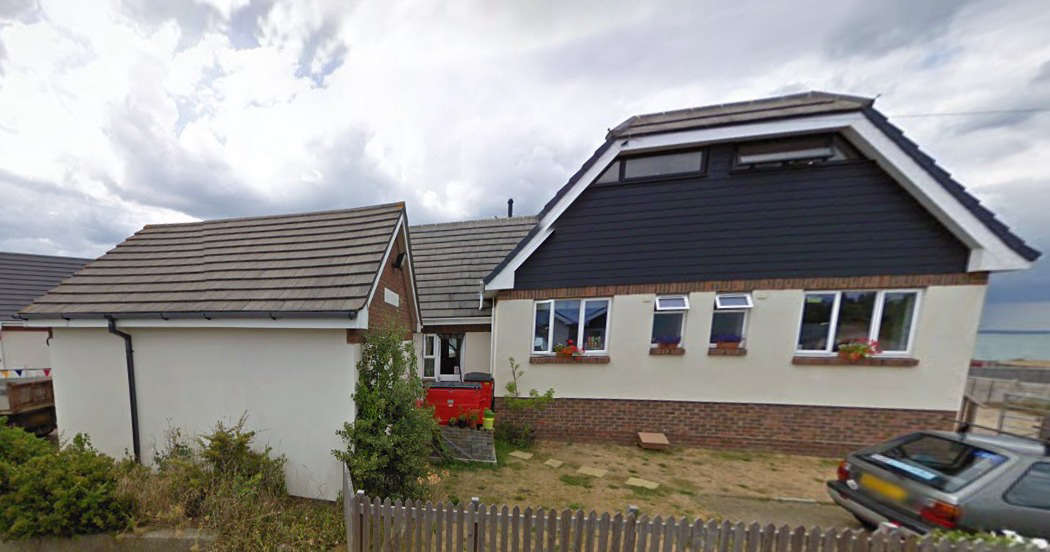 Isle Of Wight Seaside B&B Could Be Converted Into House
Isle Of Wight Seaside B&B Could Be Converted Into House
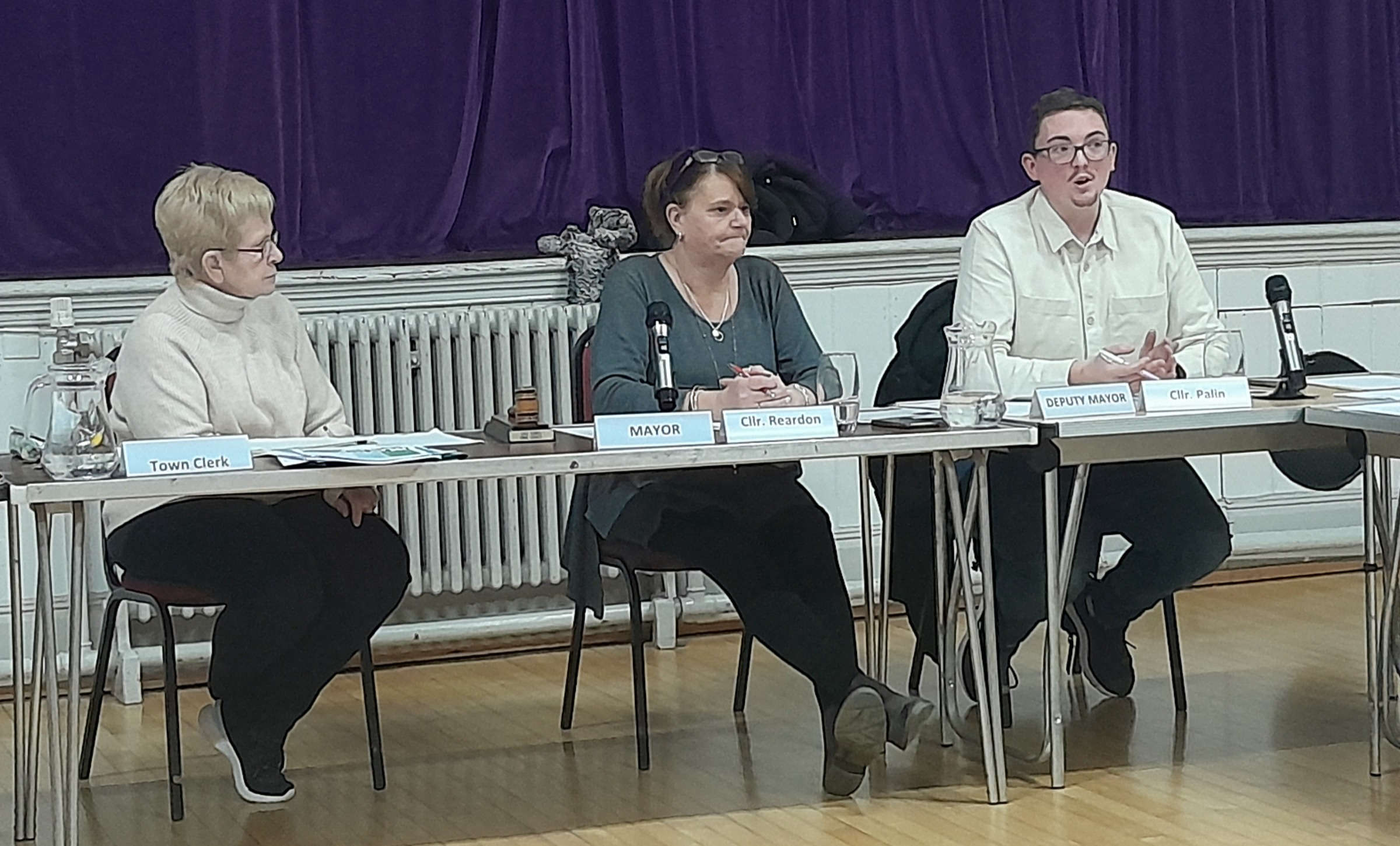 Half Million-Pound Floating Bridge 2024 Losses Revealed
Half Million-Pound Floating Bridge 2024 Losses Revealed
 More Than 70 Driving Offences Dealt With Over Two Days On Isle Of Wight Roads
More Than 70 Driving Offences Dealt With Over Two Days On Isle Of Wight Roads
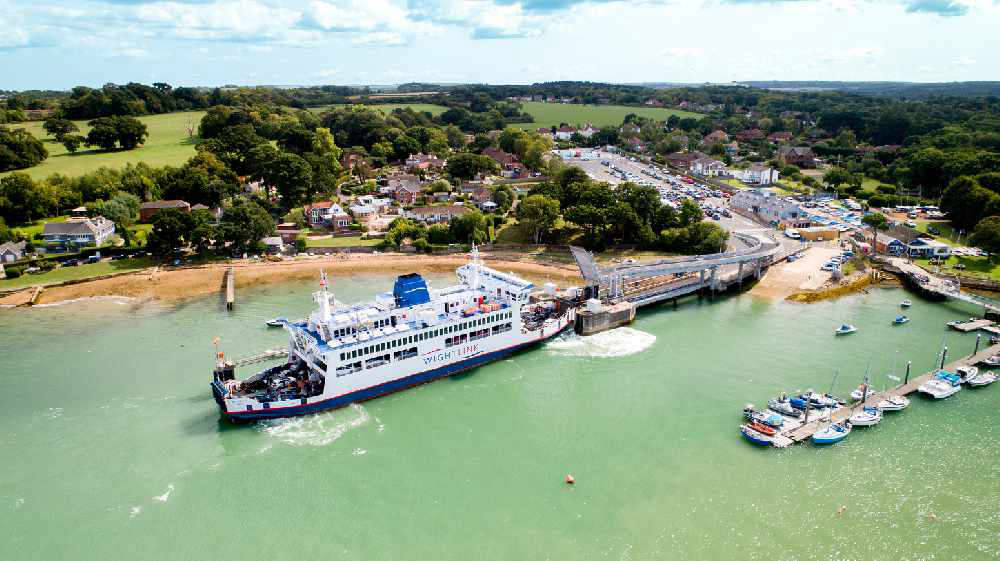 Wightlink Technical Problems Lead To Cancellation Of All Fishbourne-Portsmouth Crossings
Wightlink Technical Problems Lead To Cancellation Of All Fishbourne-Portsmouth Crossings
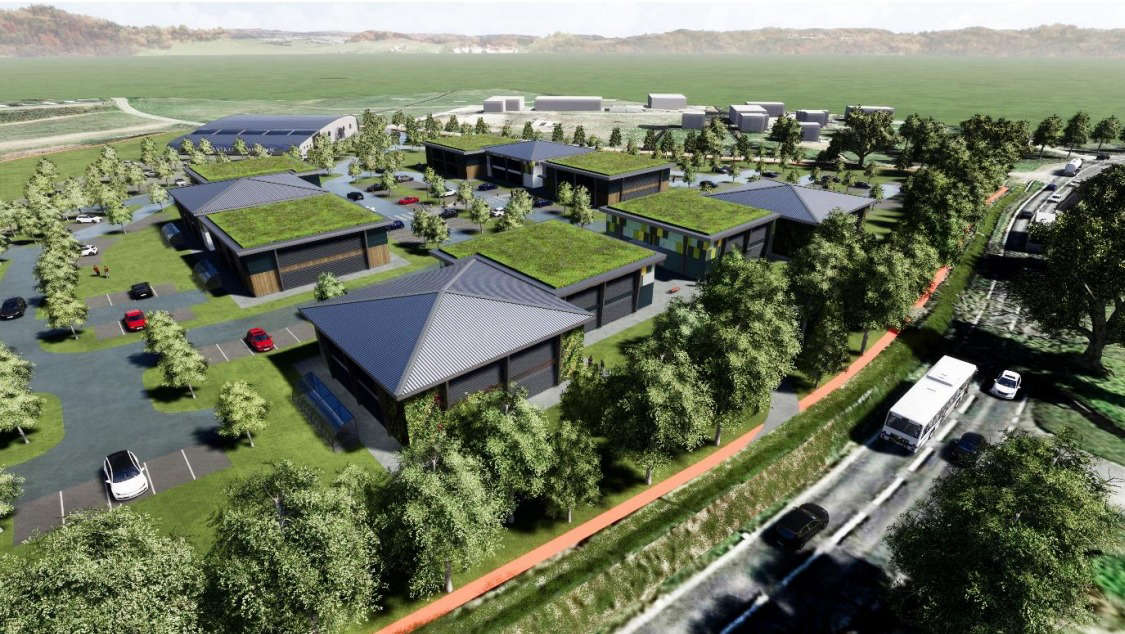 Contentious Plans For New 7,245 Square Metre Commercial Park Appealed
Contentious Plans For New 7,245 Square Metre Commercial Park Appealed
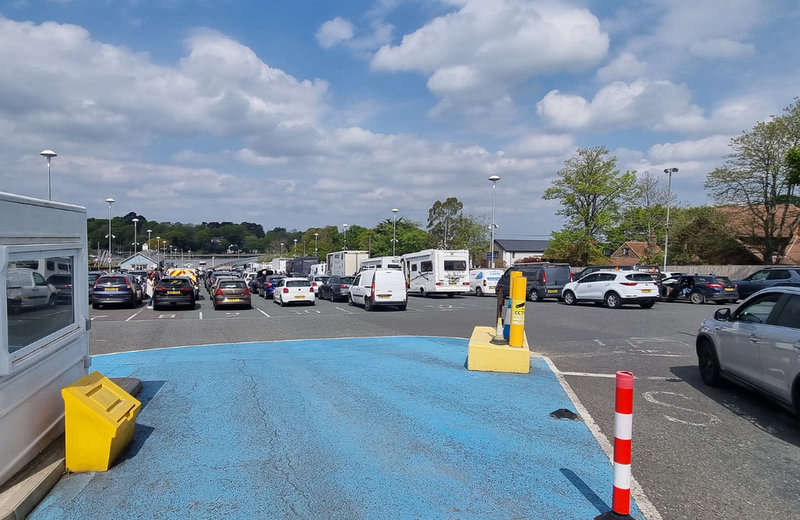 Wightlink Crossings Cancelled Due To Engine Issues
Wightlink Crossings Cancelled Due To Engine Issues
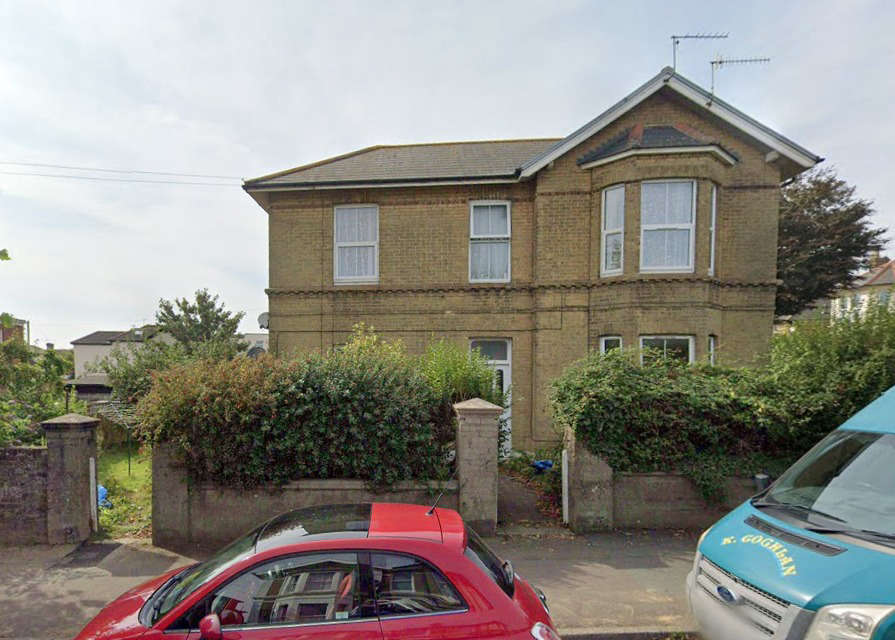 Four New Flats Could Be Built On Island Town's Leafy Residential Road
Four New Flats Could Be Built On Island Town's Leafy Residential Road


